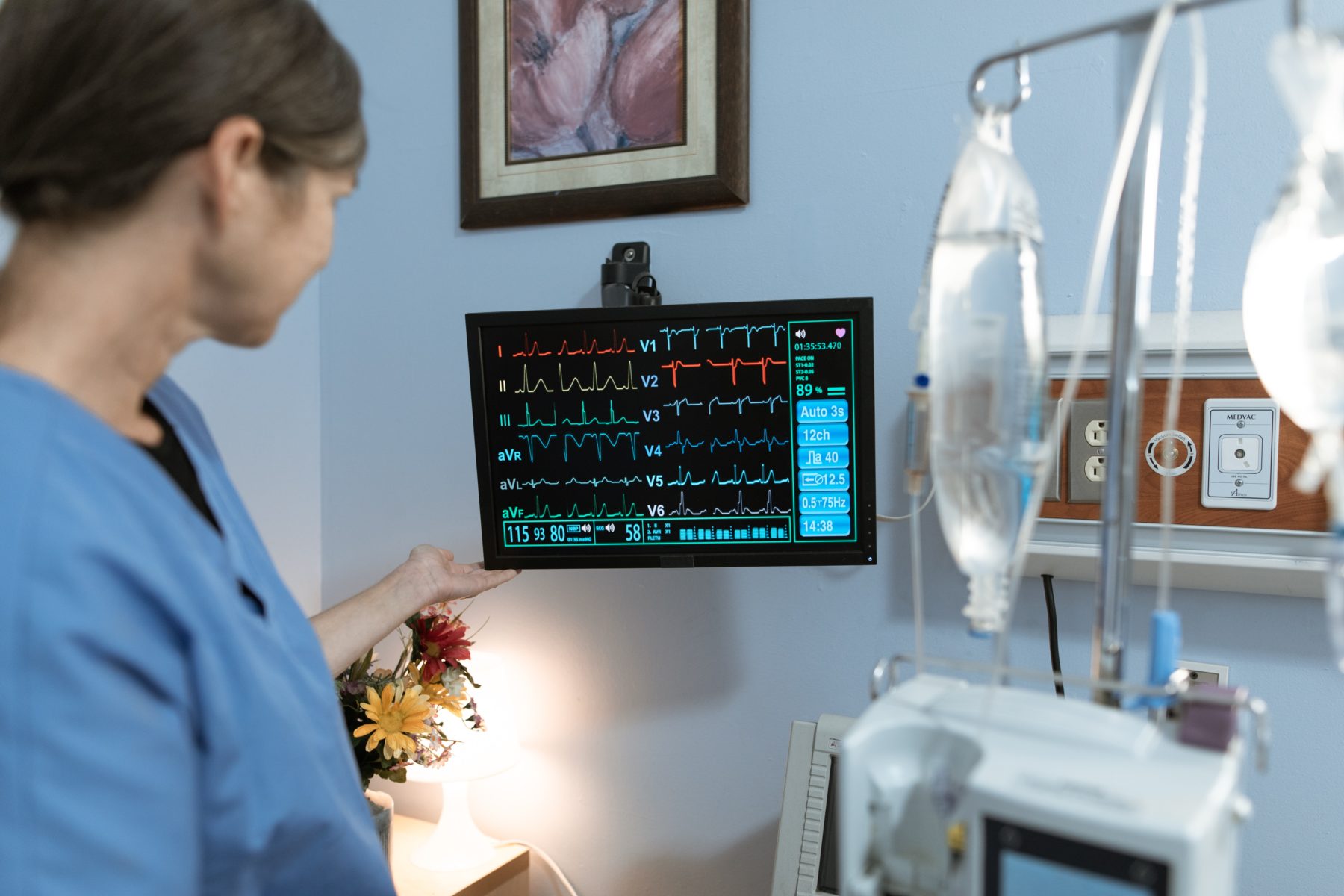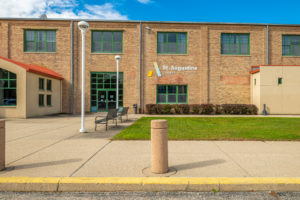Do You Want A Respiratory Therapy Degree?

Before taking the plunge into college, knowing you have a promising career on the other end is an important step. Respiratory therapy jobs are in high demand in a field that is constantly growing, with jobs in healthcare projected to grow by at least a staggering 16 percent from 2020 to 2030. This is estimated to be 2.6 million jobs! You can be one of these millions too with a degree in respiratory therapy. But even if you find the field of respiratory therapy not to your liking, having a degree in it will give you the invaluable experience that employers in the medical field are looking for.
What is Respiratory Therapy?
Before starting a great career, you just might be asking yourself: now what is a respiratory therapy, and what do respiratory technicians do? A respiratory therapist handles breathing or airway problems that stem from a wide variety of conditions or events, ranging from preexisting conditions (such as asthma or sleep apnea) to infections (such as aftereffects from the coronavirus or Parkinson’s disease). Working closely with doctors, a respiratory therapist takes care of patients in the ER, nursing homes, or intensive care units. By monitoring patients, you will be part of a team that saves lives by diagnosing, assessing the situation, and determining what the best course of action is.
Is Respiratory Therapy being Phased Out?
In the wake of the COVID crisis, respiratory therapy jobs are needed now more than ever. It’s projected that over the course of this decade employment in this field alone will grow by 23 percent. And this is in the world of healthcare, where employees are already in high demand!
What Jobs Can You Get with a Respiratory Therapy Degree?
Having a degree in this field does not only mean you need to work simply as a respiratory therapist. Asking the question what is respiratory therapy will give you a wide range of answers, because respiratory care is an essential element for so many sectors of the medical world, and below are just a few of the many options:
Adult Critical Care Specialty (ACCS)
- Allows you to hone your skills as a respiratory therapist, going above and beyond as a healthcare professional.
Registered Pulmonary Function Technologist (RPFT)
- This diagnostic role will have you identifying and diagnosing patients that are in or out of the hospital.
- As an RPFT you have the opportunity to contribute to medical research as well.
Neonatal/Pediatric Respiratory Care Specialist (NPS)
- You will assist newborns and children who are suffering from breathing disorders, such as asthma.
How Quickly Can You Graduate with a Respiratory Therapy Degree?
The great thing about respiratory therapy school is not only the potential for alternative careers outside of respiratory therapy but the opportunity to get out of the classroom and into the world. With an associate’s of applied science (AAS) degree, you can receive all the experience you need in about six (6) semesters of course work, so you can move into real-world experience in a hospital or other medical fields faster than ever.
What Will You do with Your Respiratory Therapy Degree?
Making a difference in the world starts in the classroom. Regardless of your background, with a degree from a respiratory therapy school like St. Augustine, you can be on your way to a career helping others. Be part of a community that understands your life, with flexible class schedules and scholarships to help you achieve your dreams. Read about our success stories, and learn more about how you can be one of them.




